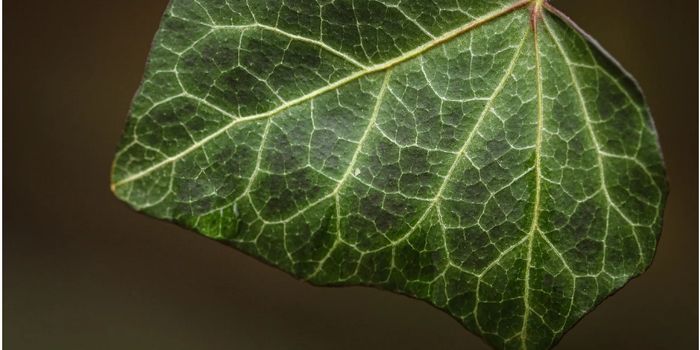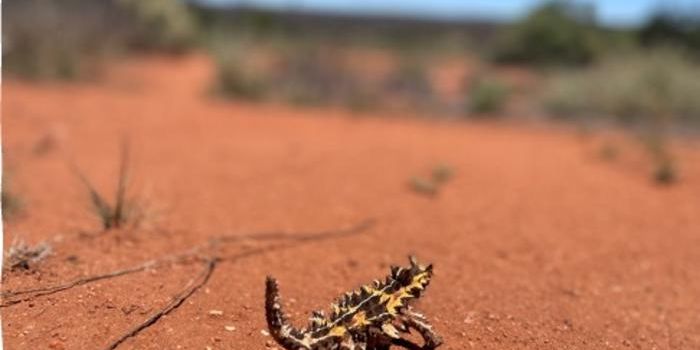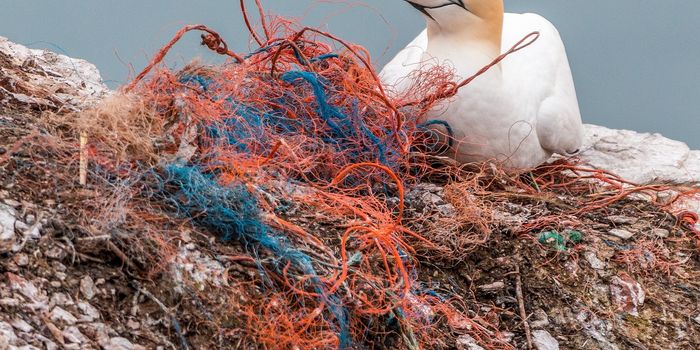Experts Probe Sudden Deaths of 130+ Baikal Seals in Russia
Investigations are ongoing after more than 130 dead Baikal seals have washed up on the coast of the landlocked Lake Baikal in Russia. Many frequently regard this body of water as one of the world’s deepest freshwater lakes.
Image Credit: Pixabay
Baikal seals are some of the world’s smallest seals, and they’re endemic to the region just between the border of Russia and Mongolia.
Animal experts are reportedly on-scene to sample the surrounding water for abnormalities and conduct autopsies on the deceased animals. Ideally, they’d like to discern whether something in the water caused the animals to die or if they all became ill from another cause before passing away in such large numbers.
Related: These Essex-based seals have turned orange
No one is entirely sure what may have instigated the sudden Baikal seal die-off as of this writing, but preliminary theories are starting to roll in.
While some quickly pointed to pollution as the root of the catastrophe, preliminary hypotheses instead cite pneumonia as the most probable reasoning. Nevertheless, probes into the actual cause of death continue.
Fortunately for animal conservationists, Baikal seals aren’t in any imminent danger of extinction. These animals boast a healthy population estimated above 130,000, and that figure continues to surge with each passing year.
That said, 130-ish deaths aren’t too alarming for the well-being of this seal species, but it’d still be favorable to resolve the cause of death just in case die-offs continue, or other animal species begin experiencing similar death tolls.
Related: Gray seal numbers are rebounding after near-extinction scare
Test results should reveal the exact answer to the mystery behind these creatures’ deaths in due time, and it should be intriguing to find out whether the current theory behind all the fallen seals in spot-on or wrong entirely.
Source: Phys.org









